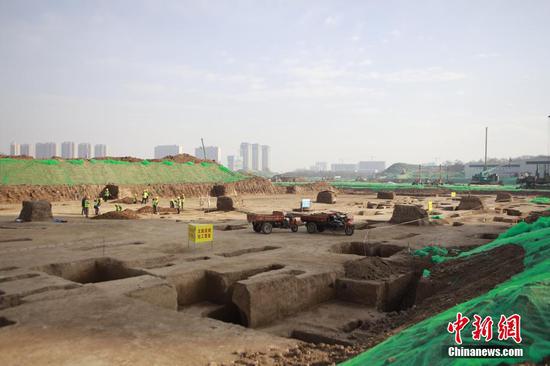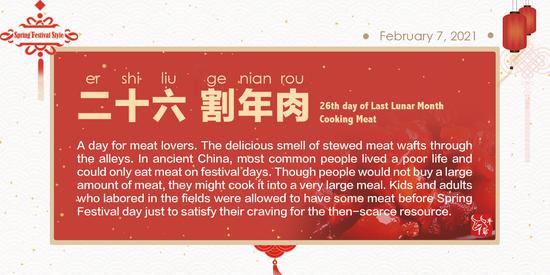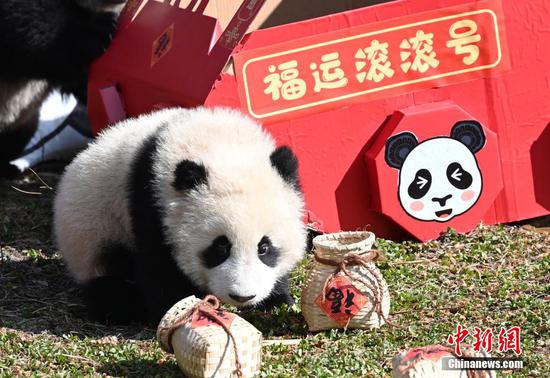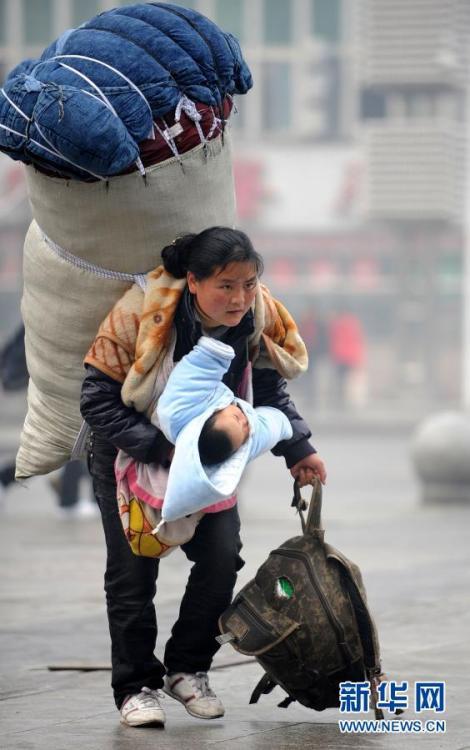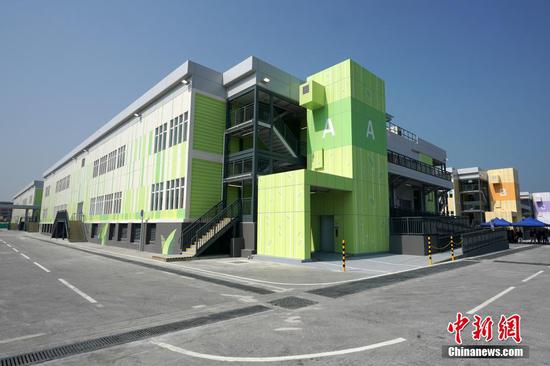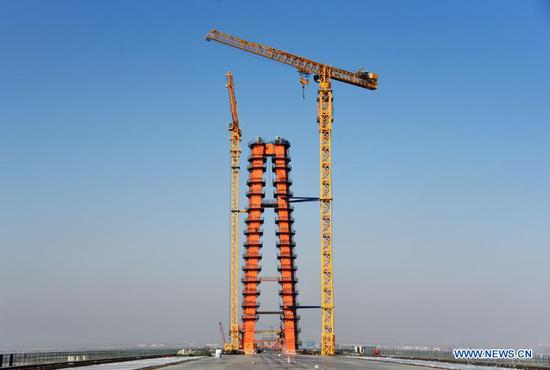
Last week, China's Ministry of Public Security released figures that showed a 15-percent drop in the number of newborns recorded in the country's household registration system during 2020. While not the official birth rate, expectations are for a further decline after the number of babies born in 2019 struck a record low in the country's history.
"Statistically, both the number and the proportion of women of childbearing age have been shrinking, which constitutes a direct cause for the decline in birth rates," said Lu Jiehua, professor of sociology at Peking University.
But this is far from the only reason, he told CGTN. "China's one-child policy has left a profound imprint on our society. Especially for those born in the 1980s and 90s, the concept of one-child families is deeply ingrained in their mind."
In 2016, China revamped its decades-long one-child policy, and families were allowed to have two children, but birth rates did not bounce back and are expected to continue to fall. This trend, if continued, could dampen the country's economic growth.
"People are simply not motivated," Lu noted.
In a 2017 survey, more than 50 percent of families said they had no intention of having a second child, and financial considerations were cited among the key reasons for not doing so. The survey also found that in rich provinces where the cost of raising a child is high, the reluctance to having more than one baby was also stronger.
Elchole, mother of a one-year-old son living in Beijing, said having one child is enough.
Elchole and her husband have a combined annual income of about 350,000 yuan ($54,113). But on top of having to pay off a mortgage, they also need to support their parents, who are over 60 years old and have reached a stage where support is needed.
"My son is still pretty young. Now we don't have to spend too much on him. But when he grows up, it will cost us a lot more," Elchole told CGTN.









